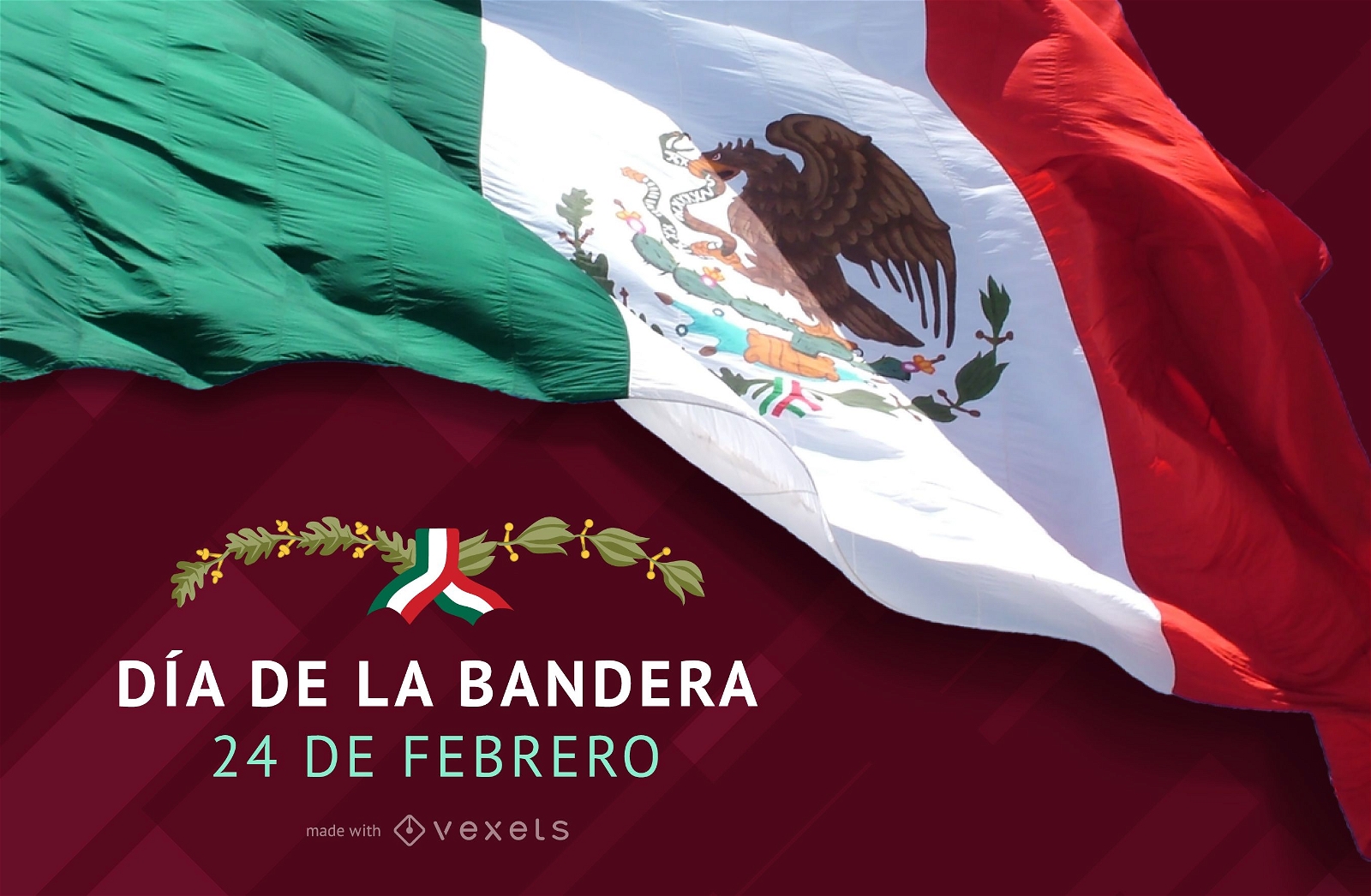Los días conmemorativos en México.
Es increíble que muchos mexicanos ni siquiera sepan el por
qué algunos días no van a trabajar, les cuento: mi mamá y yo estábamos de
compras en un supermercado y unas personas comentaron que lo bueno era que el 5
de febrero no había trabajo ni escuela para lo que uno de estas personas dijo:
a sí es porque se celebra la batalla de Puebla (esa es el 5 de mayo), por este
motivo escribo los días conmemorativos del mes de FEBRERO en México, para que
cuando menos sepan la razón por no ir a trabajar.
Empecemos:
- 2 de febrero: Para la mayoría bien conocido el día de la Calendaria (sí, cuando se comen sus tamales), además ese día en 1852 nació el grabador, ilustrador y caricaturista José Guadalupe Posada. Oh y también es mi día porque también nací ese día.
- 5 de febrero: ¡ATENCIÓN!!! este día se conmemora la proclamación de la Constitución Política de los Estados Unidos Mexicanos de 1917, siendo esta la que continúa activa en estos tiempos.
- 10 de febrero: Este es el día de la Fuerza Aérea Mexicanas, ese día, pero de 1944 fue cuando el gobierno mexicano expidió el reconocimiento formal, a nivel constitucional, de la creación de la Fuerza Aérea Mexicana.
- 14 de febrero: Otro día que todos seguramente conocen el Día de San Valentín o mejor conocido como el Día del Amor y la Amistad.
- 19 de febrero: Día del Ejército Mexicano, fue en 1913 cuando Venustiano Carranza entonces Gobernador de Coahuila, decreta el 19 de febrero de ese mismo año la organización del ejército encargado de sostener el orden constitucional de la República.
- 24 de febrero: Día de la Bandera, fue un 24 de febrero de 1935 cuando Benito Ramírez un empleado del Banco de México, organizó una guardia de honor en homenaje a la Bandera de México y esta práctica se continuó, hasta que, en 1940 el presidente Lázaro Cárdenas declaró que el 24 de febrero fuera oficialmente el Día de la Bandera.
Estas son solamente las fechas conmemorativas del mes de FEBRERO,
tomen nota para que no caigan en un error la próxima vez.







Comentarios
Publicar un comentario